Faculty Fellows
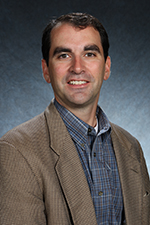
Engaged Scholarship
Dr. Nick Longo, Professor of Global Studies & Public/Community Service Studies
nlongo@providence.edu
Engaged scholarship is defined by the collaboration between academics and individuals outside the academy — knowledge professionals and the lay public (local, regional/state, national, global) — or the mutually beneficial exchange of knowledge and resources in a context of partnership and reciprocity. (source: New England Resource Center for Higher Education)
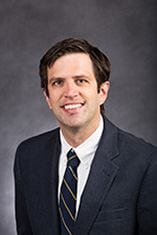
Active Learning
Dr. Stephen Perreault, Associate Professor of Accountancy
sperreau@providence.edu
Active learning is a teaching method in which professors engage students in the instructional process through activities designed to encourage deeper learning. Pedagogy that emphasizes active learning includes role-playing, simulation, case studies, and debate. Numerous studies demonstrate that active learning facilitates in-depth understanding of material and transfer of knowledge and skills.
Core Curriculum Faculty Fellows
Faculty with expertise in key areas of the core curriculum work closely with the CTE and individual faculty to revise existing courses and develop new courses that meet the core curriculum requirements
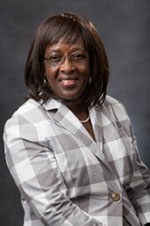
Diversity
Dr. Comfort M. Ateh, Associate Professor of Education
cateh@providence.edu
“The pursuit of truth that animates the academic mission of Providence College cannot be rightly undertaken by individuals isolated from community. Education is not merely an acquisitive process, but a formation of mind and heart directed toward the sharing of the fruits of one’s contemplations with others” (Providence College Mission Statement). The increasing awareness of the diversity in our communities suggests the need for shifts in education that must consider difference in our communities as a means to engage students in the pursuit of truth. I am passionate about issues on diversity and as the diversity fellow excited to work with you on a course that will enable students to value diversity.
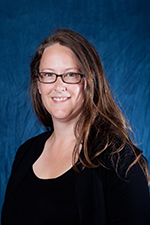
Civic Engagement
Dr. Maia Bailey, Associate Professor of Biology
mbailey9@providence.edu
Course experiences that encourage civic engagement are at the heart of our mission at Providence College. My charge as the Civic Engagement fellow is to help my fellow faculty envision how civic engagement components can help them meet their course goals, make connections between faculty and our service partners, and to broaden to opportunities for students to fulfill their civic engagement requirement. I encourage you to contact me if you are interested in developing a new civic engagement course or revising an existing course. I look forward to working with you to brainstorm ideas, identify service partners, articulate how your course meets proficiency standards, and more.
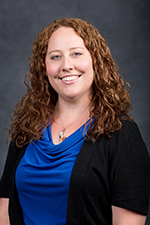
Oral Communication
Megan Chang, Assistant Professor of Voice & Diction
mchang@providence.edu
Look at any list of people’s top fears, and public speaking is always right up there with heights, clowns, and spiders. That’s why the Oral Communications Proficiency is so vital to our students; they must be able to communicate with the world around them in a way that is lively, interesting, and effective. I invite you to contact me to discuss how oral presentations (in a variety of forms) can not only benefit your students, but also your course as a whole.
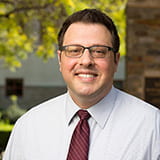
English/Writing
Dr. Mark Pedretti, Assistant Professor of English
mark.pedretti@providence.edu
Written argumentation is the sine qua non of academic discourse; scholarship in all disciplines makes arguments — even if they take very different forms and follow different conventions.
Recognizing written argument as the common ground of our academic community allows us to realize that we are all speaking the same language, albeit in different idioms and dialects. In this regard, we are always teaching writing in every course. I have spent many years collaborating with faculty to integrate writing and writing instruction into their courses. But writing need not mean just the traditional academic essay; we can use writing as a powerful learning tool in any number of imaginative ways to make course material more accessible and personal, while demystifying the writing process along the way.





